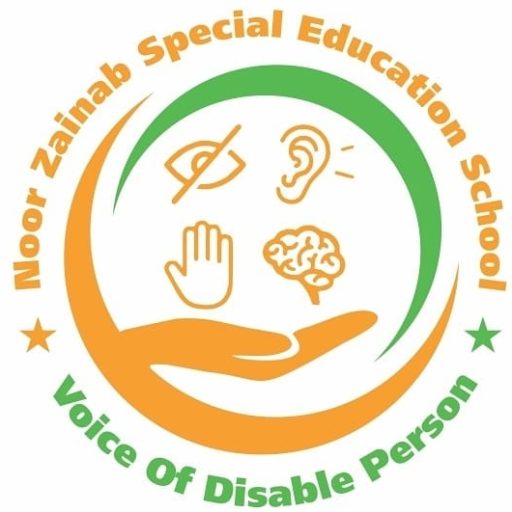Professional Skills of Special Education Teachers in Managing Psychoeducational Problems of Children with Autism Spectrum Disorder (ASD)
Numerous psychoeducational difficulties are frequently encountered by kids with autism spectrum disorder (ASD), which might have an effect on their growth and learning. In order to support these kids and meet their specific requirements, special education teachers are essential. A specialized set of professional abilities is needed by special education teachers to properly address the psychoeducational issues of children with ASD. We will go into great detail about these abilities and talk about how crucial they are to ensuring that kids with ASD succeed in school environments in this blog.
Understanding of ASD: The traits and complexity of ASD must be thoroughly understood by special education teachers. This includes being aware of the fundamental deficiencies associated with ASD, which include difficulties with social communication, sensitivity to stimuli, and repetitive behaviors. Creating effective interventions and methods to promote the learning and development of children with ASD requires a thorough understanding of their specific requirements.
Behavioral Management: Adverse behaviors, including violence, tantrums, and self-harm, are frequently displayed by children diagnosed with ASD. To properly address these issues, special education teachers must be proficient in behavioral management strategies. This involves adopting visual schedules, employing structured instructional approaches, and using positive reinforcement. Teachers can prevent disruptive behaviors in children with ASD and establish a pleasant learning environment by being aware of the reasons for these behaviors.
Communication Skills: Since ASD is frequently accompanied by communication challenges, special education teachers must possess good communication skills. Teachers should be able to use plain, basic language, alternative communication techniques (such augmentative and alternative communication), and visual assistance to communicate with students who have ASD. Teachers should also work in conjunction with caregivers, parents, and other professionals to guarantee a continuous communication strategy that promotes the learning and development of the kid.
Social Skills Development: For kids with ASD, who frequently struggle with social interactions, social skills education is essential. Teaching social skills through evidence-based methods including peer-mediated interventions, video modeling, and social storytelling should be a specialty for special education instructors. By using these techniques, kids with ASD can enhance their social interactions with adults and peers and acquire acceptable social skills.
Flexibility and Adaptability: Special education teachers must be flexible and adaptable in their approach since children with ASD may have unique habits and preferences. Based on each child’s unique needs, teachers ought to be able to adapt their lesson plans and adjustments. Teachers should also be willing to try out different strategies and interventions to see what suits each child the best, creating a welcoming classroom that caters to the special requirements of students with ASD.
Collaboration: Along with psychologists, occupational therapists, and speech therapists, special education teachers frequently collaborate in interdisciplinary teams. Creating thorough intervention programs and support methods for kids with ASD requires effective coordination with these professionals. Working together with parents is also essential because they are an important part of their child’s education and can offer insightful information about their needs and preferences.
Cultural Competence: Cultural competence and sensitivity to the varied experiences and backgrounds of children with ASD and their families are essential qualities for special education teachers to possess. In order to accommodate cultural variations and integrate culturally relevant practices into their instruction, teachers ought to be able to modify their methods accordingly. For kids with ASD, this contributes to the development of a more welcoming and encouraging learning environment.
Self-Care: It can be difficult and taxing to provide emotional and physical support for kids with ASD. To avoid burnout and preserve their wellbeing, special education instructors must place a high priority on self-care. This entails using stress-reduction strategies, establishing boundaries, and asking for help when necessary. Teachers who prioritize their own well-being are better equipped to meet the needs of children with ASD and foster a healthy learning environment for all kids.
To conclude, the management of psychoeducational issues in children with ASD is greatly aided by special education teachers. These teachers can create a supportive and inclusive learning environment that supports the overall development and well-being of children with ASD by having a combination of skills, such as understanding ASD, behavioral management, communication, social skills development, flexibility, collaboration, cultural competence, and self-care

